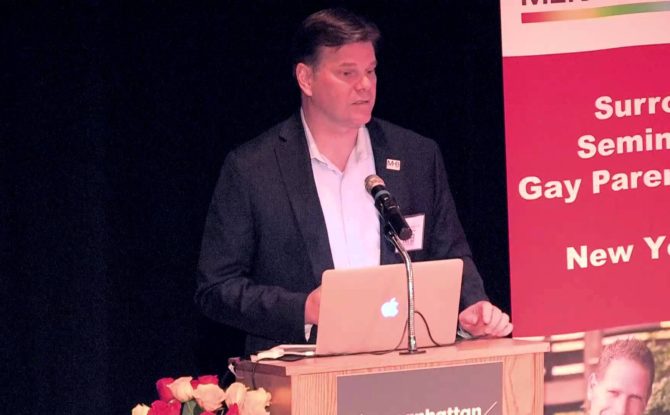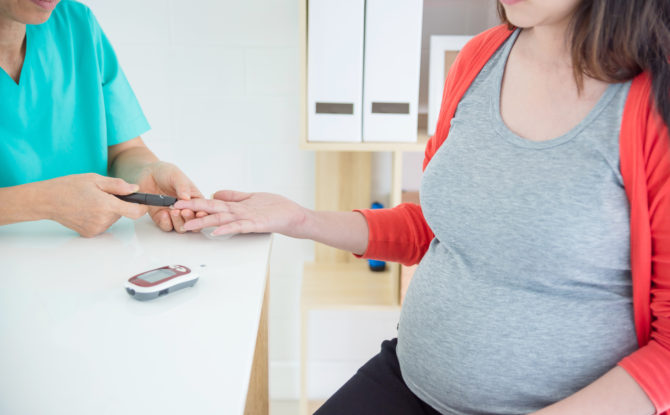The Anthony Kennedy retirement was a shock to many, as was his pro-LGBT legacy. Whether the Kennedy legacy will live on with a new Supreme Court remains to be seen.
Supreme Court Senior Associate Justice Anthony Kennedy was responsible for the first pro-LGBT Supreme Court decision in 1996, when Colorado, by voter ballot, amended its state Constitution to prohibit the state from protecting gay people from discrimination. This decision, Romer v. Evans, started a conversation among the Justices that would continue on through the marriage cases and beyond the Anthony Kennedy retirement.
Anthony Kennedy laid that ground work for marriage equality by decriminalizing sodomy in the Lawrence v. Texas case, decided in 2003. I had the privilege of working at Lambda Legal, the attorneys for Petitioner Lawrence, while preparing for that case. Sodomy was a crime only for gay people in Texas and a conviction of the crime of sodomy was used as an excuse for employment discrimination, removal of children and much more. This landmark ruling laid the foundation upon which much of our current LGBT jurisprudence rests.
Kennedy authored the Windsor case in 2013 and the Obergefell case in 2015, both of which solidified marriage equality and the federal recognition thereof. But he also joined the majority siding against LGBT issues in several cases, most recently in the Masterpiece cake shop case.
In order to predict the future of a post-Kennedy Supreme Court’s treatment of LGBT rights, we need to dispense with a few misconceptions. First, the Republican senate will not hold themselves to the same standard they held President Obama in his attempt to fill the Scalia vacancy. If they did, they would wait until after the 2018 midterm elections to allow a new, possibly democratic, senate the right to vote on President Trump’s next pick. Do not hold your breath, but do call Susan Collins and Lisa Murkowski!
Second, the Anthony Kennedy retirement will not move current right-leaning Justices to the left in order to preserve the very delicate balance between the conservative and progressive wings of the court. Roberts, Thomas, Alito and Gorsuch have made their opinions clear on previous LGBT matters before them and another conservative voice on the court will tip the balance against progressive protection of LGBT rights for generations to come.
Finally, there are real and relevant conflict of interest issues which may directly affect criminal and civil prosecutions directed at the very president that would be nominating Supreme Court Justice who would be hearing them. If there were ever a “litmus test” issue, it is not abortion or LGBT rights, it is the potential ability of a sitting president to be indicted or prosecuted.
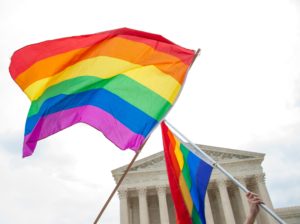 What is most troubling about Anthony Kennedy’s legacy is what he did not do. Kennedy was a wordsmith, much to the chagrin of many in the legal community. He never clearly defined what level of legal scrutiny gay people deserved in equal protection cases. The equal protection clause of the 14th Amendment to the US Constitution provides for different levels of protection depending on which category the discriminated class falls into. The legal scrutiny that a class receives often determines whether the discrimination is permissible or not. The key indicators of whether a case deserves heightened scrutiny were, perhaps purposefully, left out of Kennedy’s written decisions regarding LGBT litigants. He shied away from describing gay people as a “subject classification.”
What is most troubling about Anthony Kennedy’s legacy is what he did not do. Kennedy was a wordsmith, much to the chagrin of many in the legal community. He never clearly defined what level of legal scrutiny gay people deserved in equal protection cases. The equal protection clause of the 14th Amendment to the US Constitution provides for different levels of protection depending on which category the discriminated class falls into. The legal scrutiny that a class receives often determines whether the discrimination is permissible or not. The key indicators of whether a case deserves heightened scrutiny were, perhaps purposefully, left out of Kennedy’s written decisions regarding LGBT litigants. He shied away from describing gay people as a “subject classification.”
Kennedy did not discuss whether a “compelling state interest” existed to justify the discrimination, another word indicator of common equal protection analysis. My fear is that the absence of a clear direction for equal protection scrutiny will now be left in the hands of a decidedly more conservative court. Make no mistake; they will not speak around the issue as Kennedy was accused of doing.
The Anthony Kennedy retirement will, and should, cause LGBT individuals, couples and families to reevaluate their own legal affairs. The good news is that the most important issues, such as estate planning, second and step adoption protections and anti-discrimination policies are state based. This cuts both ways if you live in a state which does not provide adequate protections for LGBT Americans.
While it is unlikely that the Supreme Court would overturn their 2016 decision in V.L. v. E.L., a case which required states to recognize the second parent adoptions of other states, of particular interest to gay couples moving to less LGBT friendly states, a newly conservative court may take the opportunity to allow a state to deny recognition of a pre or post-birth order for a gay male couple establishing parentage after surrogacy from another state. While this fact pattern has not yet arisen, it is foolish to deny that anti-LGBT organizations will be looking for ways to chip away at the protections we have fought so dearly for.
If the Anthony Kennedy retirement can teach us anything, it is that being proactive in the creation and protection of our families is no longer optional, it is imperative. Create your estate plan if you do not have one. If you have been putting off your second parent adoption, don’t! Give to Lambda Legal, the ACLU, NCLR and GLAD. If the senate allows Trump to nominate and appoint a new Justice to the Supreme Court, we, as LGBT Americans, will be living with that choice for the next generation. That is the sad and simple reality.
By Anthony M. Brown, June 29, 2018
For more information, please email anthony@timeforfamilies.com.


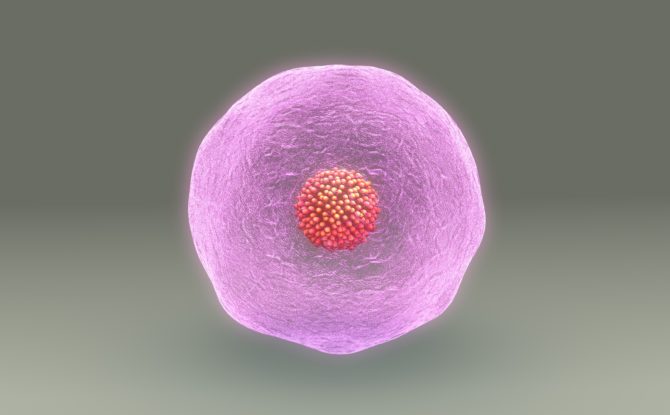


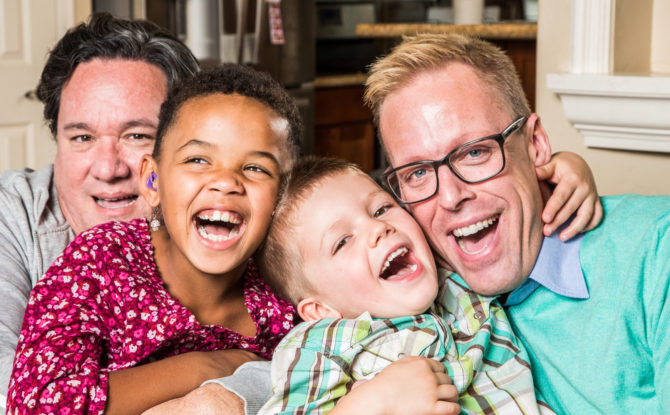

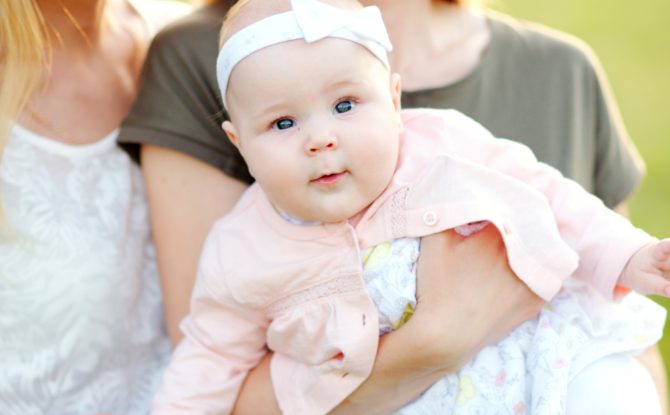

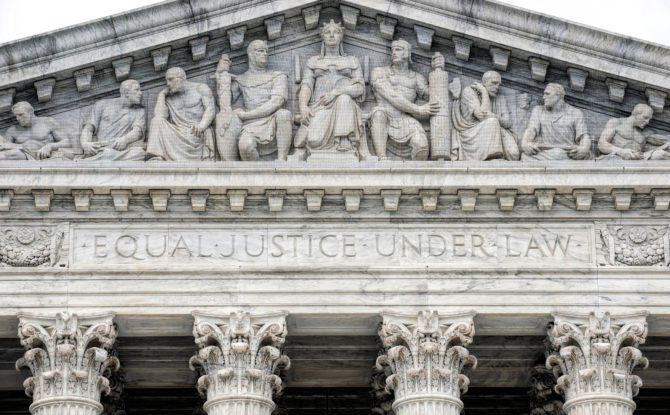

 What is most troubling about Anthony Kennedy’s legacy is what he did not do. Kennedy was a wordsmith, much to the chagrin of many in the legal community. He never clearly defined what level of legal scrutiny gay people deserved in equal protection cases. The equal protection clause of the 14th Amendment to the US Constitution provides for different levels of protection depending on which category the discriminated class falls into. The legal scrutiny that a class receives often determines whether the discrimination is permissible or not. The key indicators of whether a case deserves heightened scrutiny were, perhaps purposefully, left out of Kennedy’s written decisions regarding LGBT litigants. He shied away from describing gay people as a “subject classification.”
What is most troubling about Anthony Kennedy’s legacy is what he did not do. Kennedy was a wordsmith, much to the chagrin of many in the legal community. He never clearly defined what level of legal scrutiny gay people deserved in equal protection cases. The equal protection clause of the 14th Amendment to the US Constitution provides for different levels of protection depending on which category the discriminated class falls into. The legal scrutiny that a class receives often determines whether the discrimination is permissible or not. The key indicators of whether a case deserves heightened scrutiny were, perhaps purposefully, left out of Kennedy’s written decisions regarding LGBT litigants. He shied away from describing gay people as a “subject classification.” 



